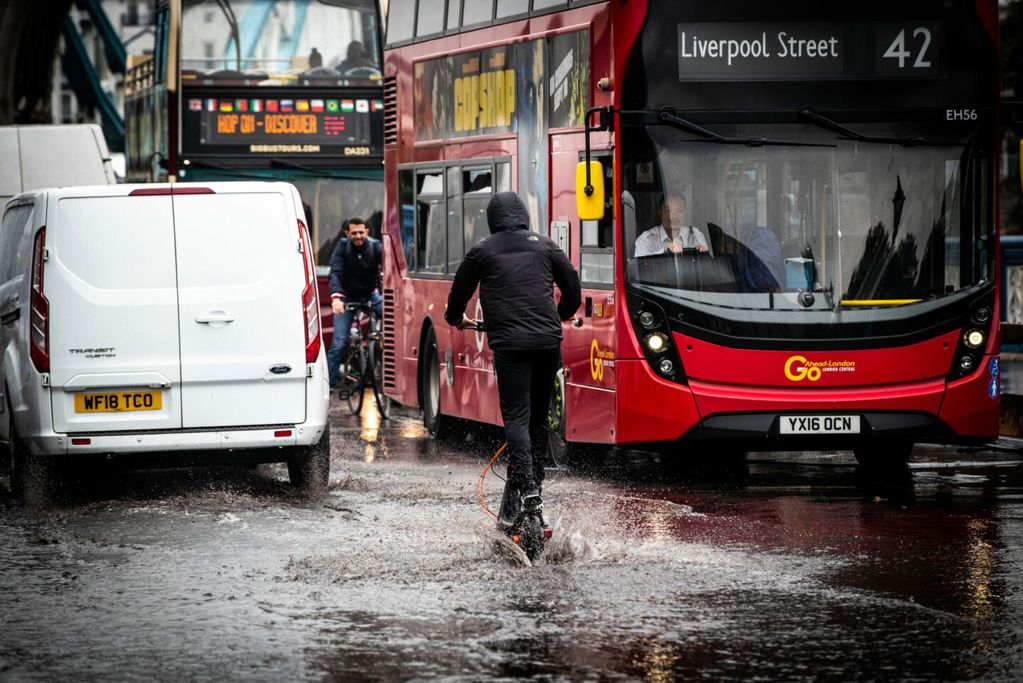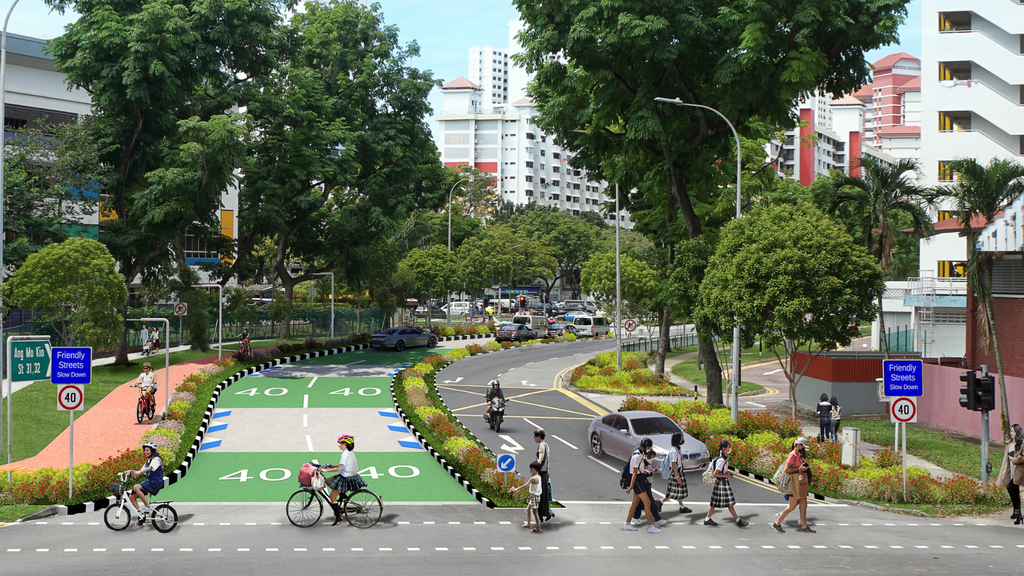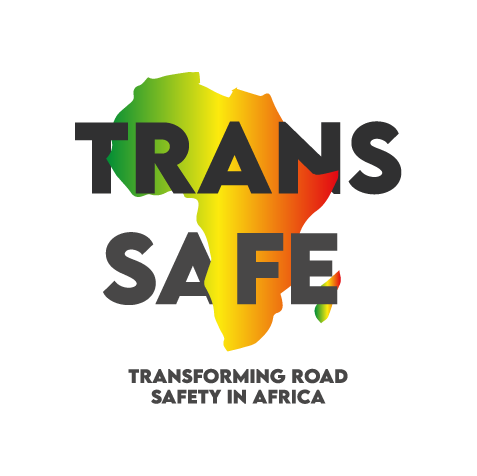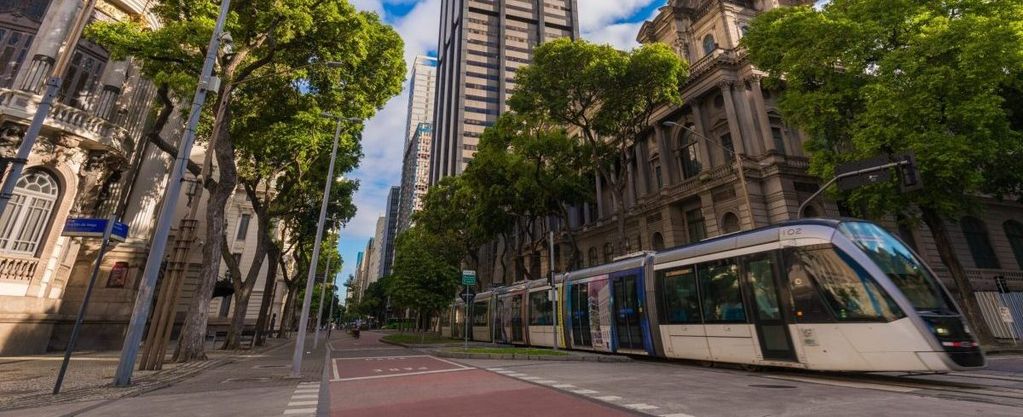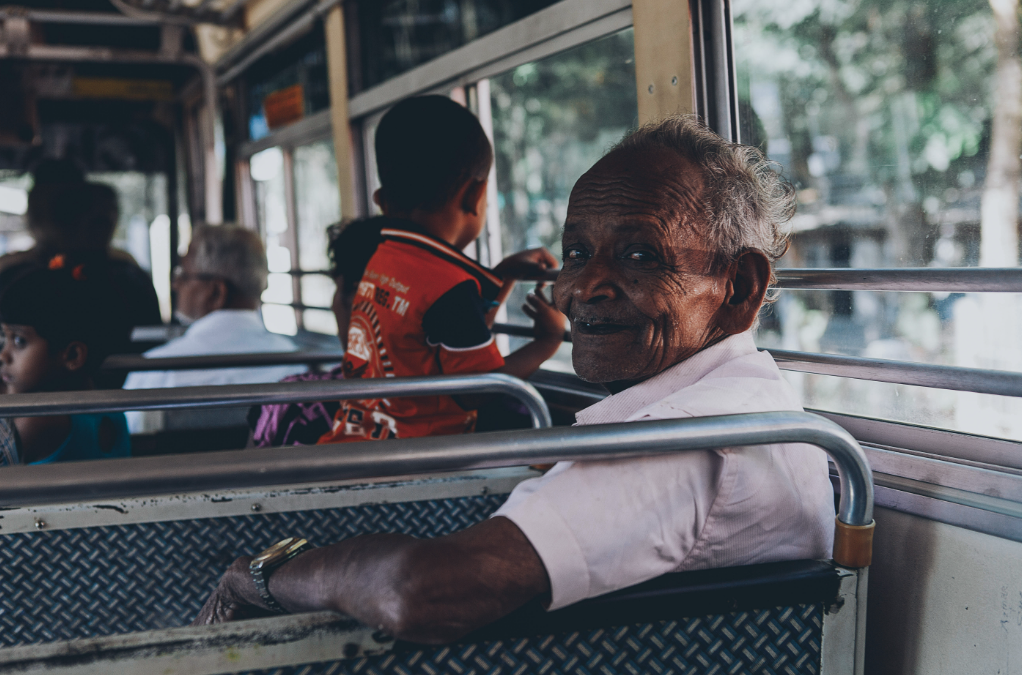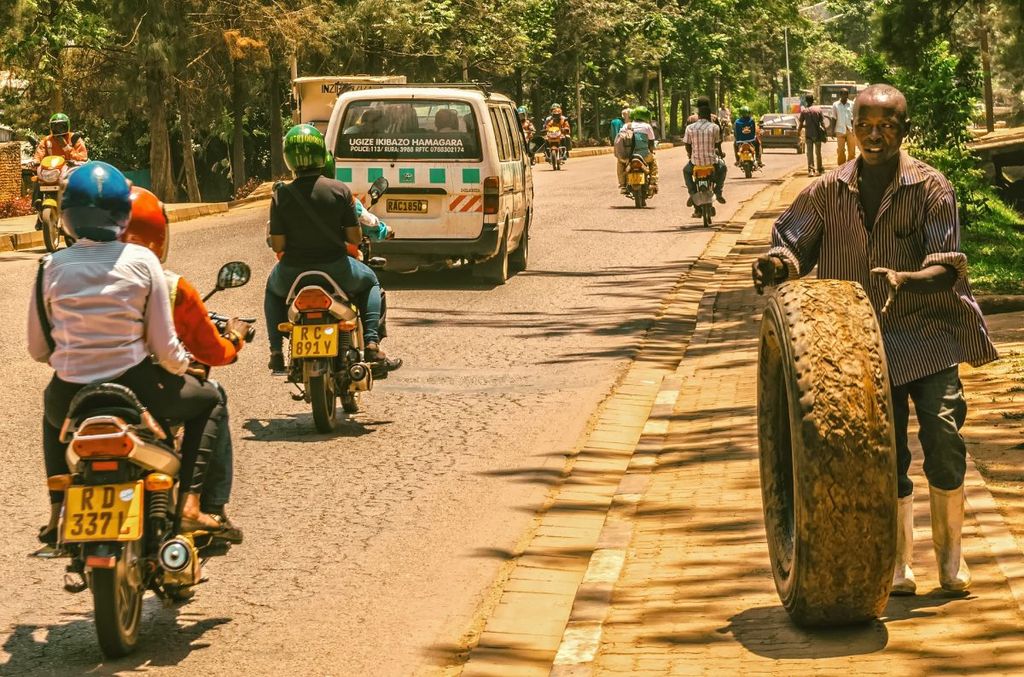
Transforming road safety in Africa with the TRANS-SAFE project
Paving the way for road safety in Africa
According to the World Health Organisation, road traffic crashes result in the deaths of approximately 1.3 million people around the world each year and leave between 20 and 50 million people with non-fatal injuries. The African regional has the highest estimated road traffic fatality rate of 26.6 per 100,000 population, despite having the lowest level of motorisation in the world. This equates to 650 deaths per day, nearly half of which involve vulnerable road users such as pedestrians, cyclists and motorcyclists.
In addition to the human suffering caused by road traffic injuries, they also incur a heavy economic burden on victims and their families, both through treatment costs for the injured and through loss of productivity of those killed or disabled. More broadly, road traffic injuries have a serious impact on national economies, costing countries 3% of their annual gross domestic product. There is an urgent need to implement safety solutions.
Currently, the lack of integrated urban planning is resulting in challenges particularly for vulnerable groups, the lack of regulatory frameworks; a priority towards car-oriented transport policies, outdated street design and traffic management and lack of mobility data are some of the underlying factors behind the high rate of road accidents and the lack of consolidated action. In last week’s article on road safety by Jean Todt, UN’s Secretary-General’s Special Envoy for Road Safety, he clearly states, “We must all work together as a finely oiled machine to create an overarching safe systems approach to road safety and it must underlie every aspect of the world’s transportation ecosystem”.
TRANS-SAFE: Transforming road safety
Safe vehicles. Safe speeds. Safe roads. Post-crash care. Safe road users.
UITP is happy to announce its involvement in the EU-funded H2020 TRANS-SAFE project, which aims to maximise the impact of these solutions above by bringing road safety agencies and experts from Europe and Africa to drive policy actions.
Together, we will drive forward effective approaches for road safety development. The project will ensure the road conditions meet the recommendations of the Road Safety Cluster of the African-EU Transport Task Force (2020).
Overall, the project will help deliver on the Joint EU-Africa Strategy and advance countries’ progress towards the 2030 Agenda of Sustainable Development Goals.
The TRANS-SAFE project will involve national, regional, and city-level demonstrations to test different types of innovative and integrated Safe System solutions, complemented by a comprehensive toolbox, capacity development, policy support and replication activities. To maximise impact, the project brings together a consortium of highly committed cities, road safety agencies and experts from both Europe and Africa.
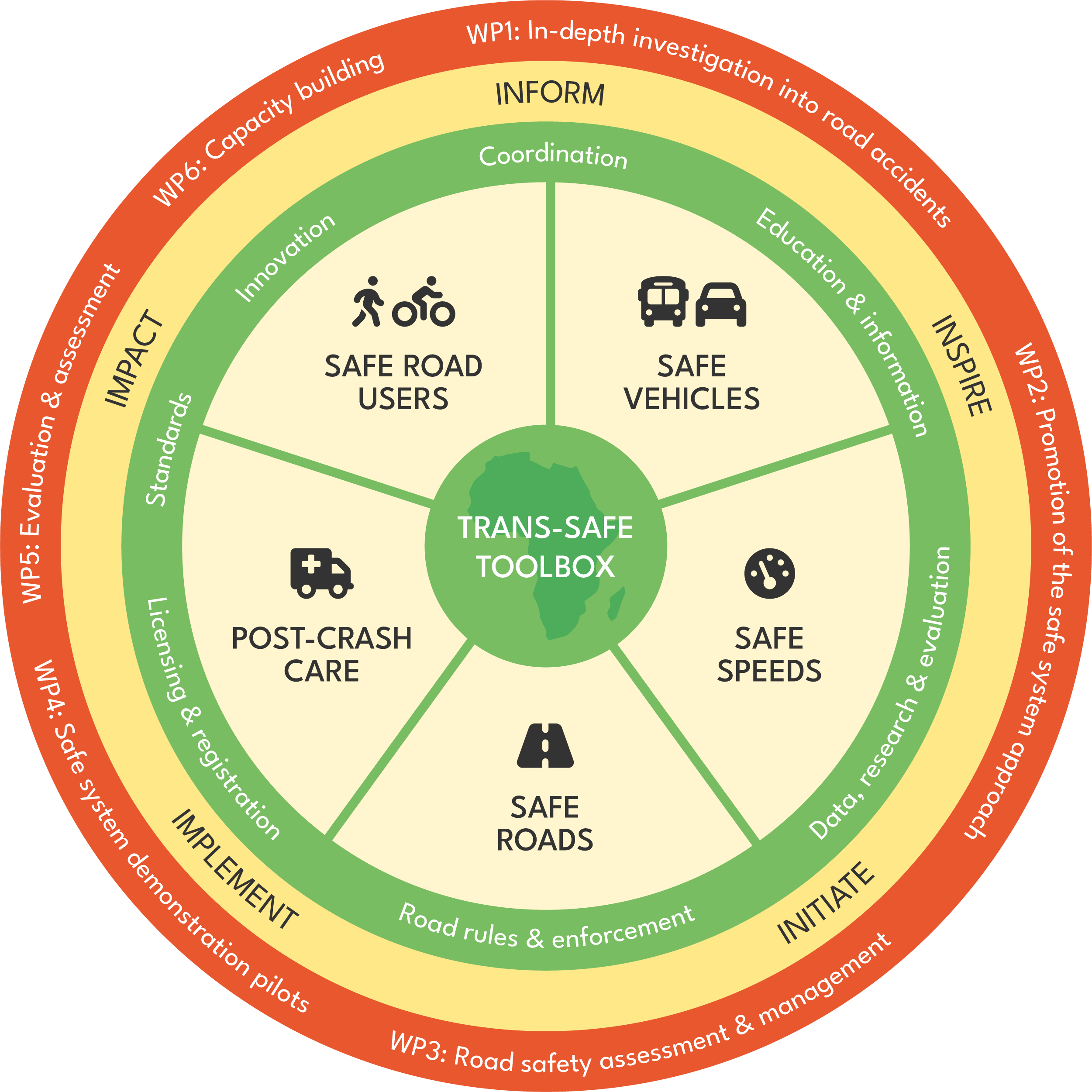
Good governance is the key. This major project will contribute to shifting the mindset towards holistic, cross-sectoral approaches to tackling road safety and providing integrated, safe mobility for all.
Peer learning to support road safety management
Peer learning and knowledge sharing is central for road safety management. With the objective to support professionals from national and subnational administrations and relevant stakeholders in Africa in building professional and administrative expertise for road safety, Trans-Safe is launching the regional peer-learning networks.
The regional networks are designed to provide a platform for best practice exchange and knowledge sharing between experts in the region. In 2023, the regional peer learning networks will organise a series of thematic working sessions, where regional peers will come together in working groups to share experiences and discuss on good practices and challenges in the implementation of road safety.
The thematic working sessions build on the five pillars of the safe system approach as described in the World Health Organisation Global Action Plan for Road Safety:
- Pillar 1: Multimodal transport and land-use planning
- Pillar 2: Safe road infrastructure
- Pillar 3: Safe vehicles
- Pillar 4: Safe road users
- Pillar 5: Post-crash response
Do you want to be part of the peer learning networks? The networks are free to join and open to experts and professionals from national and subnational administrations, regional institutions, national road safety agencies, road building authorities, medical professionals and enforcement agencies working in road safety in Africa.
Bright light of the city
As the UITP Global Public Transport Summit draws closer, we explore the innovations, research, and the people behind our six themes.
This article falls within the theme of Customer Centricity. Discover the other themes and programme of the 2023 UITP Summit on uitpsummit.org! The UITP Global Public Transport Summit is the world’s biggest event dedicated to sustainable mobility which brings together all transport modes, industry authorities and operators, as well as exhibitors.
Under the theme “Bright Light of the City”, access a wide range of thematic sessions, knowledge and networking opportunities in Barcelona from 4 to 7 June.

